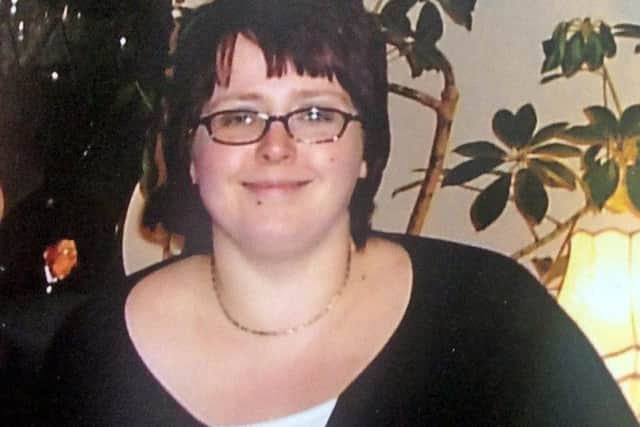What is Clare's Law
Clare, who was originally from Batley, was murdered by her ex partner George Appleton on February 2, 2009. He had record of violence against women.
Clare's father Michael Brown campaigned for the introduction of Clare's Law as he believed her death could have been prevented if she had known about her partner's violent past.
Advertisement
Hide AdAdvertisement
Hide AdClare's Law - another name for the Domestic Violence Disclosure Scheme) has two parts: the right to ask, and the right to know.


Under the right to ask, any concerned person (a current partner, family member, professional person or-next door-neighbour) has a right to ask the police about someone’s past, if they are worried about their behaviour and think they may potentially be violent
Under the right to know, the police may proactively let a person know if they are associating with someone who has previously been violent.
When someone contacts police under Clare’s Law, police will collect information and do an assessment to see if there is an immediate risk.
Advertisement
Hide AdAdvertisement
Hide AdBefore officers disclose any information about someone's past they will do checks to confirm the identity of the person who is making the enquiry, what their concerns are, and why they are making an application.
Police will also consider the level of risk to the new partner, whether there are children involved, what information they hold, and whether it is necessary, lawful and appropriate for them to make a disclosure in order to safeguard a person from harm.
Once checks are completed, police will take the decision on whether disclosure can be made and who it can be made to.